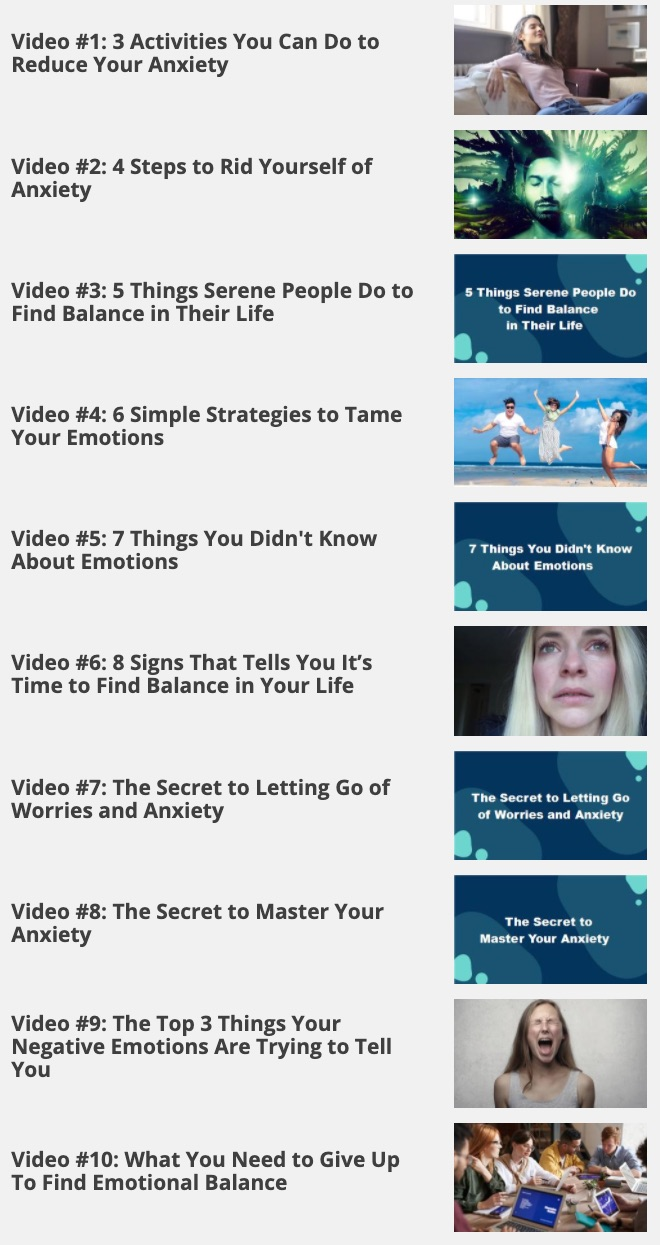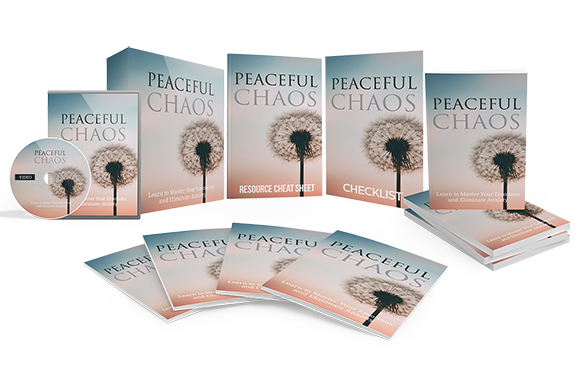As human beings, we are made up of several bodies; the physical
body, the mental body, and the emotional body. All three are essential and need to be balanced on the physical plane. When
there is an imbalance in one of them, it brings conflict with ourselves and with others.
This Guide focuses on the emotional body, because it is the most
difficult to manage and understand, and also because it’s the one
that has a large impact on anxiety and emotional imbalances.
It is also the emotional body that can make us do anything. It can
influence us in making bad decisions, leading us into conflict.
When unhealthy, the emotional body can and even make us
physically and psychologically ill because it has a great influence
us. You can have a perfect body and yet be a total mess emotionally.
Humans can do so much harm or damage to themselves if they
are not conscious or do not take the time to take care of their
emotional body. Any deficiency creates a blockage, which inevitably leads to discomfort or illness in one of these three bodies.
An emotion is a physiological reaction, lasting only three to four
minutes maximum. It allows our body to respond in an adapted
way to a stimulus from the environment: the body is put under
tension, energetically mobilized to act or flee. Emotion has a bioregulatory function since the discharge of emotion allows the body
to return to its fundamental equilibrium.
If emotions are a purely physiological reaction, feelings are a
mental construction. It is an emotional state of a psychological nature, even if a feeling can be an extension of emotion (for example, anxiety in relation to fear, disappointment with regard to sadness). Feelings are what make us experience an emotion over
and over again.


